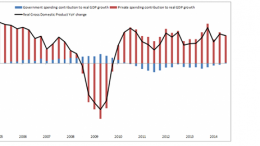Austerity Economics is Fraying Europe’s Social Contract
Conn M. Hallinan | On one level, the recent financial agreement between the European Union (EU) and Greece makes no sense. Not a single major economist thinks the $96 billion loan will allow Athens to repay its debts or get the economy moving anywhere but downward.










